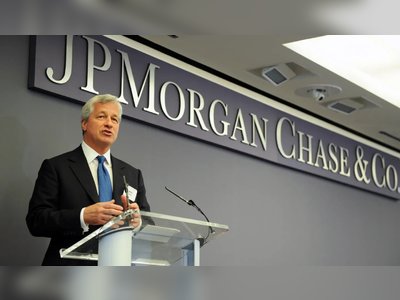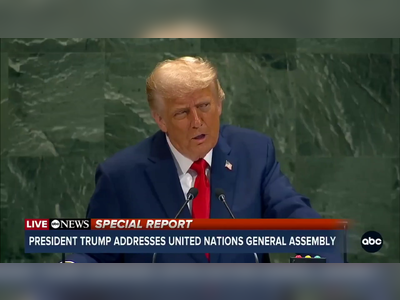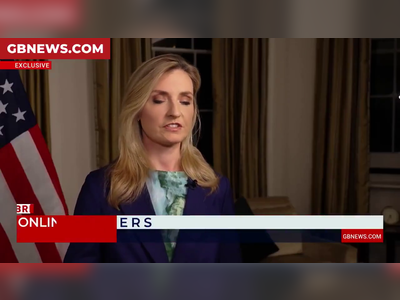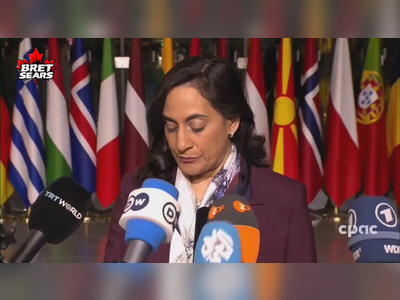Advancements in Cancer Research Highlighted at ASCO 2025
Key developments in immunotherapy, liquid biopsies, and therapeutic vaccines discussed at the American Society of Clinical Oncology annual meeting.
The annual meeting of the American Society of Clinical Oncology (ASCO), held from May 30 to June 3, 2025, showcased significant advancements in cancer treatment, including innovations in immunotherapy, liquid biopsies, and therapeutic vaccines.
ASCO is recognized as a premier event in oncology research and draws attention globally due to the prevalence of cancer, responsible for one in six deaths according to the World Health Organization.
Iris Pauporté, the director of research at the League Against Cancer, described the conference as a ‘fascinating and highly motivating moment.’ Such gatherings not only reveal the latest research outcomes but also offer insights into emerging discoveries that have yet to be announced.
Steven Le Gouill, director of the hospital complex at the Curie Institute, emphasized the unpredictable nature of results presented at ASCO, highlighting the sense of discovery intrinsic to the event.
Key topics discussed included the latest findings in the application of immunotherapy, which has indicated promising results in enhancing the body's immune response against tumors.
Researchers have shared data suggesting that new combinations of immunotherapeutic agents could lead to improved patient outcomes in various cancer types.
Liquid biopsy technology, designed to detect cancer-related genetic material in the bloodstream, was another focal point of the meeting.
This innovative approach enables earlier detection of cancers and monitoring of treatment efficacy with less invasive procedures compared to traditional biopsies.
Additionally, advances in therapeutic vaccines have shown potential in stimulating the immune system to target specific cancer cells more effectively.
These vaccines aim to complement existing treatments and provide patients with tailored therapeutic options.
This year's ASCO conference also addressed the importance of equitable access to medical advancements and ongoing challenges in cancer research funding.
Researchers from various countries presented their findings, contributing to a global dialogue on improving cancer care and treatment strategies.
ASCO is recognized as a premier event in oncology research and draws attention globally due to the prevalence of cancer, responsible for one in six deaths according to the World Health Organization.
Iris Pauporté, the director of research at the League Against Cancer, described the conference as a ‘fascinating and highly motivating moment.’ Such gatherings not only reveal the latest research outcomes but also offer insights into emerging discoveries that have yet to be announced.
Steven Le Gouill, director of the hospital complex at the Curie Institute, emphasized the unpredictable nature of results presented at ASCO, highlighting the sense of discovery intrinsic to the event.
Key topics discussed included the latest findings in the application of immunotherapy, which has indicated promising results in enhancing the body's immune response against tumors.
Researchers have shared data suggesting that new combinations of immunotherapeutic agents could lead to improved patient outcomes in various cancer types.
Liquid biopsy technology, designed to detect cancer-related genetic material in the bloodstream, was another focal point of the meeting.
This innovative approach enables earlier detection of cancers and monitoring of treatment efficacy with less invasive procedures compared to traditional biopsies.
Additionally, advances in therapeutic vaccines have shown potential in stimulating the immune system to target specific cancer cells more effectively.
These vaccines aim to complement existing treatments and provide patients with tailored therapeutic options.
This year's ASCO conference also addressed the importance of equitable access to medical advancements and ongoing challenges in cancer research funding.
Researchers from various countries presented their findings, contributing to a global dialogue on improving cancer care and treatment strategies.











